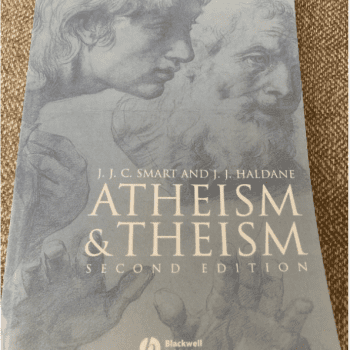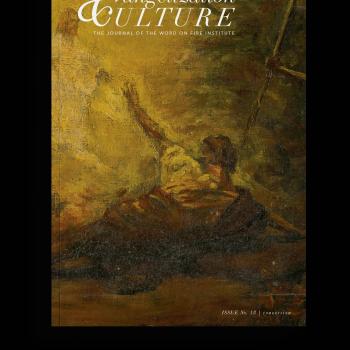 Many readers are familiar with C. S. Lewis’ The Abolition of Man. Last summer Word on Fire publised a wonderful companion to the book. Authored by theologian and literary critic, Michael Ward, it is entitled After Humanity: A Guide to C.S. Lewis’ The Abolition of Man. My review of Professor Ward’s volume just appeared this morning in The Catholic Telegraph. Here’s how it begins:
Many readers are familiar with C. S. Lewis’ The Abolition of Man. Last summer Word on Fire publised a wonderful companion to the book. Authored by theologian and literary critic, Michael Ward, it is entitled After Humanity: A Guide to C.S. Lewis’ The Abolition of Man. My review of Professor Ward’s volume just appeared this morning in The Catholic Telegraph. Here’s how it begins:
During the height of the Second World War, in February 1943, C. S. Lewis delivered the Riddell Memorial Lectures at the University of Durham in England. Entitled “The Abolition of Man,” they were published later that year as a slim volume that has since been heralded as one of the most important books of the 20th Century.
The Abolition of Man is an erudite criticism of value subjectivism: the view that goodness and beauty are not real truths about things in the world, but rather are our subjective perceptions imposed on the world. For example, when we say that the Grand Canyon is beautiful, we are not really describing what it literally is. We are simply announcing to the world the beautiful feelings that arise in us when we encounter the Grand Canyon. Lewis argues that under this theory, assessments of goodness or beauty cannot be right or wrong. All are equally subjective and thus equally non- rational – merely a matter of individual taste.
But value subjectivism is a universal acid that cannot be constrained to judgments about the goodness or beauty of the natural world. If it is true, the theory must extend to human nature as well. We therefore, cannot say what is intrinsically good for human beings, since goodness, like beauty, is solely in the eye of the beholder. This means that there is no natural moral law that may guide society in the development of its laws and customs. Truth yields to power and to the value subjectivity of those who wield it. That leaves politics and law in the hands of unaccountable elites who saddle humanity with their vision of “goodness.” Under this scenario, generations of human beings remain in bondage to the capricious whims of the powerful elites. This, Lewis maintains, is the abolition of man.
You can the rest of it here.












